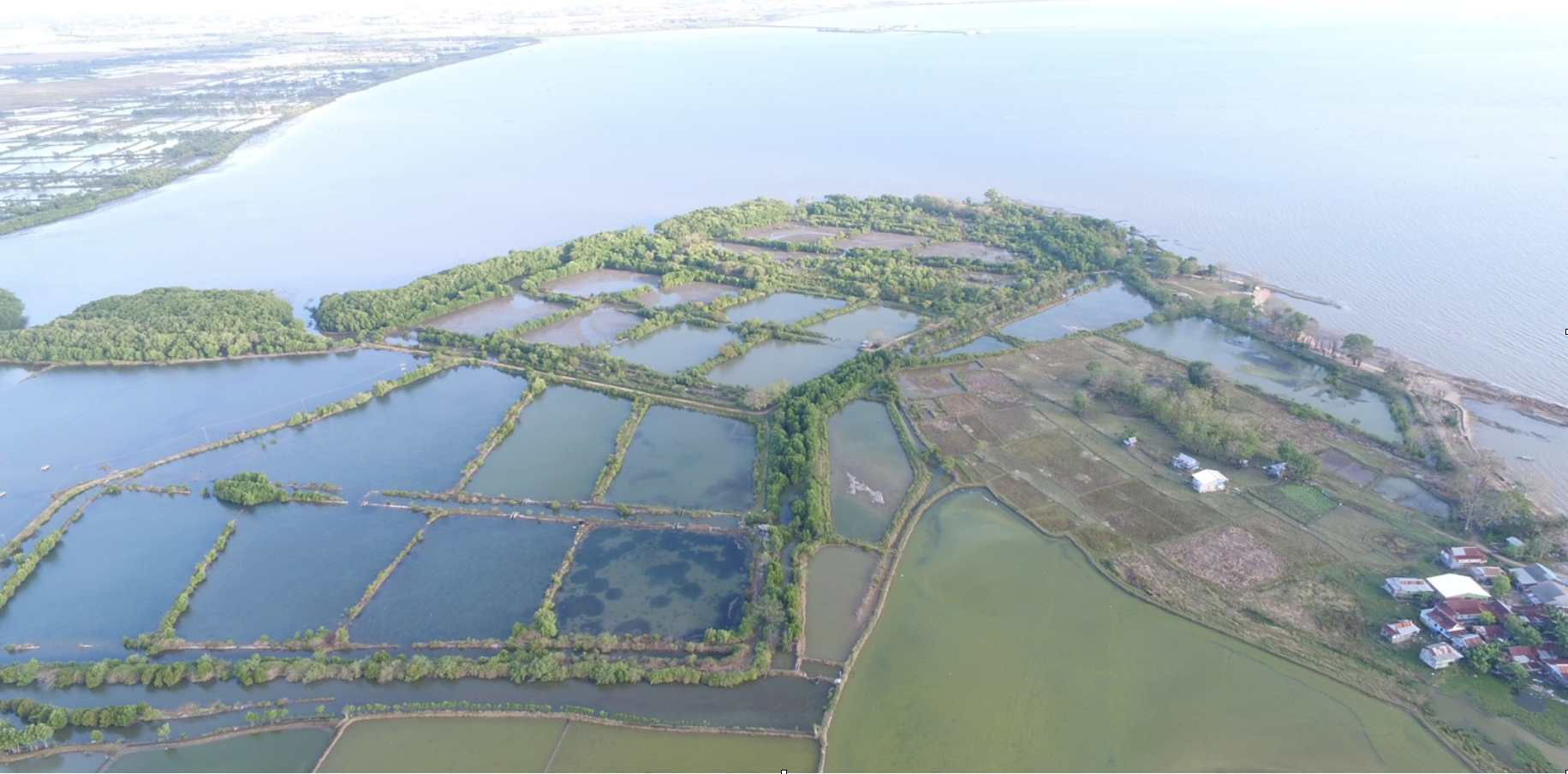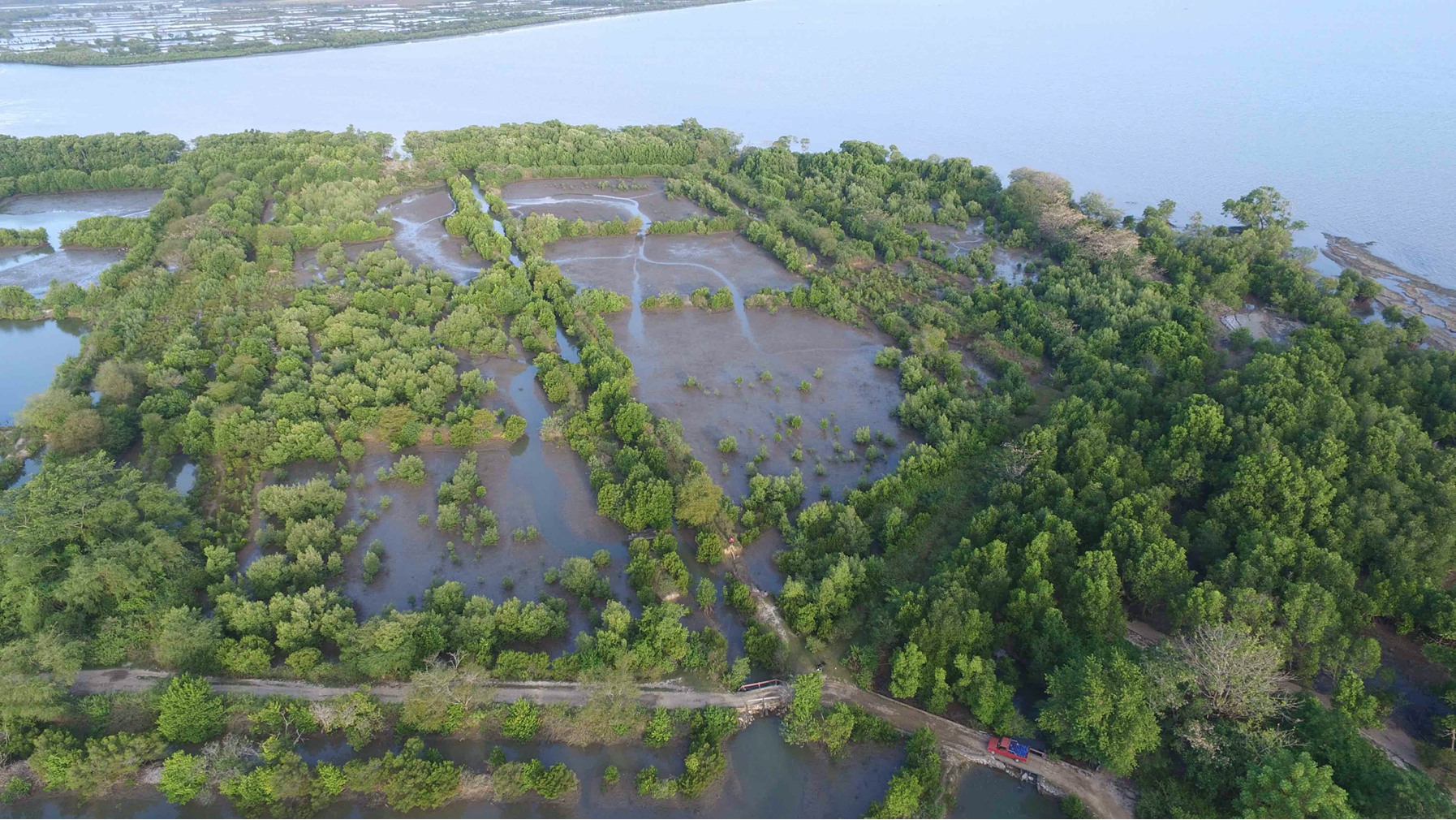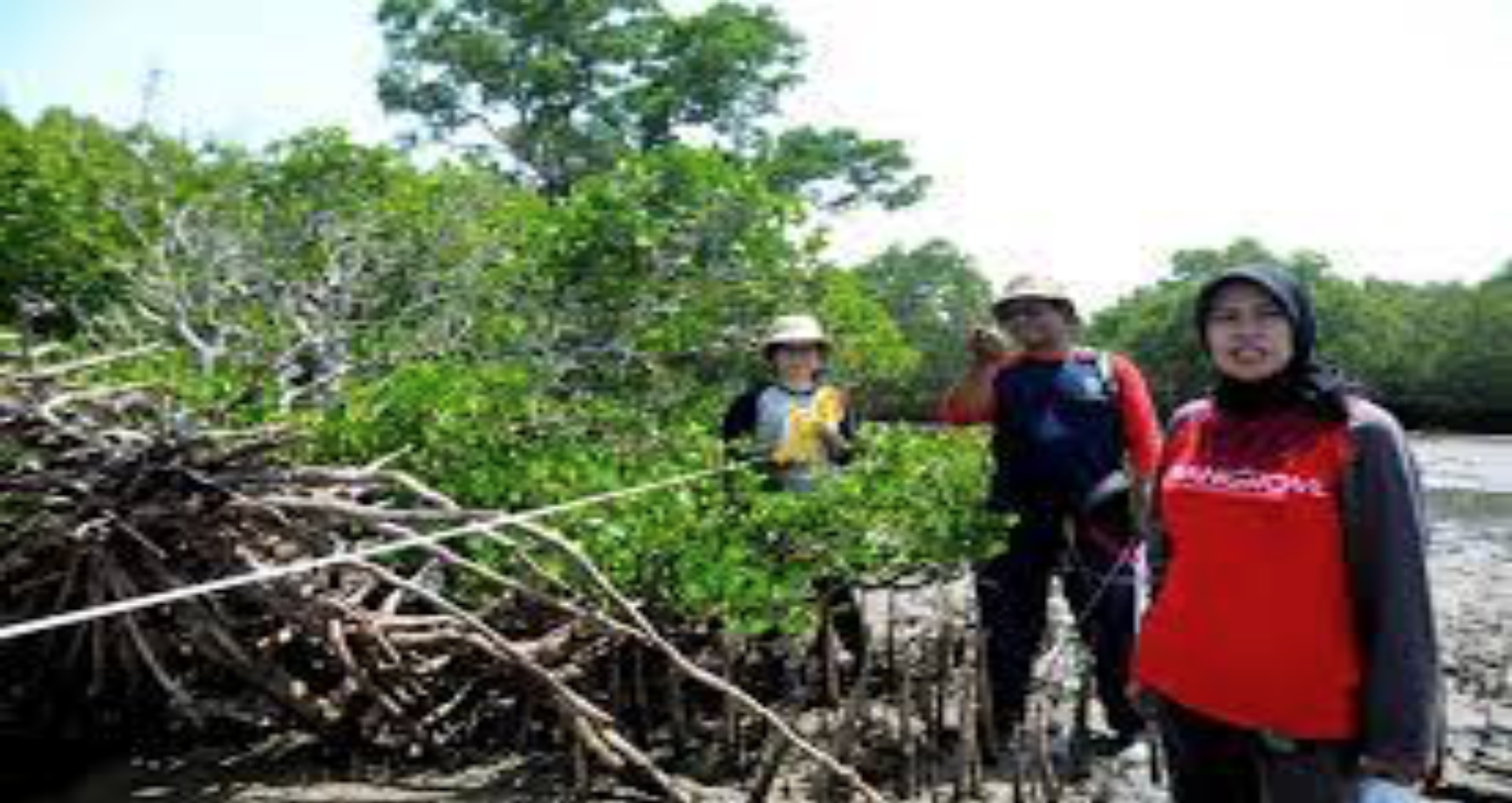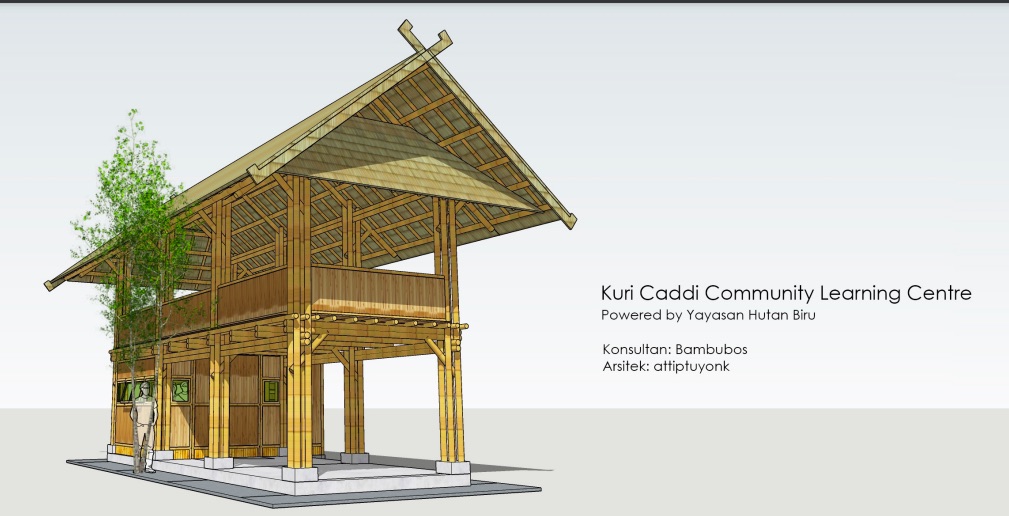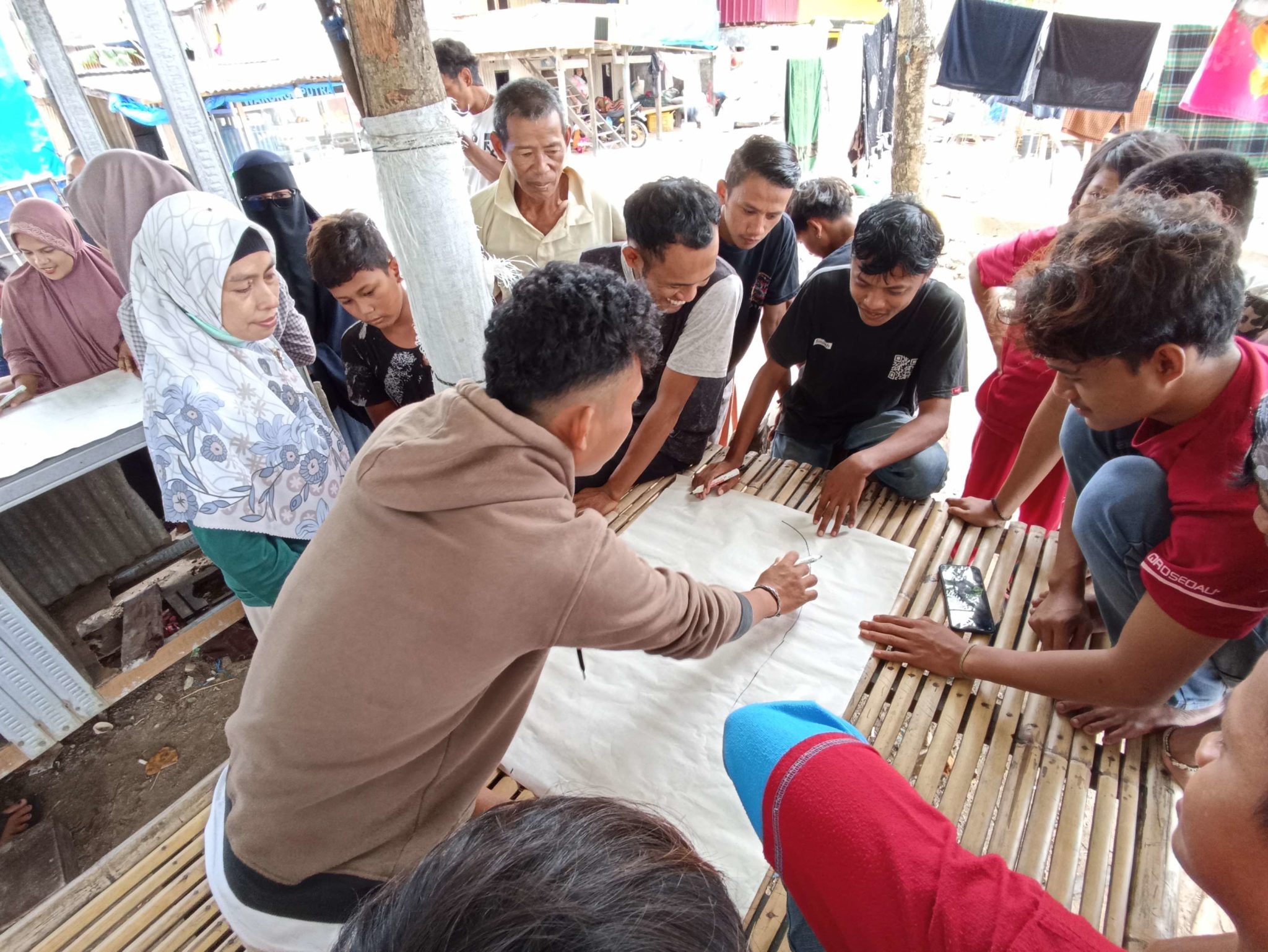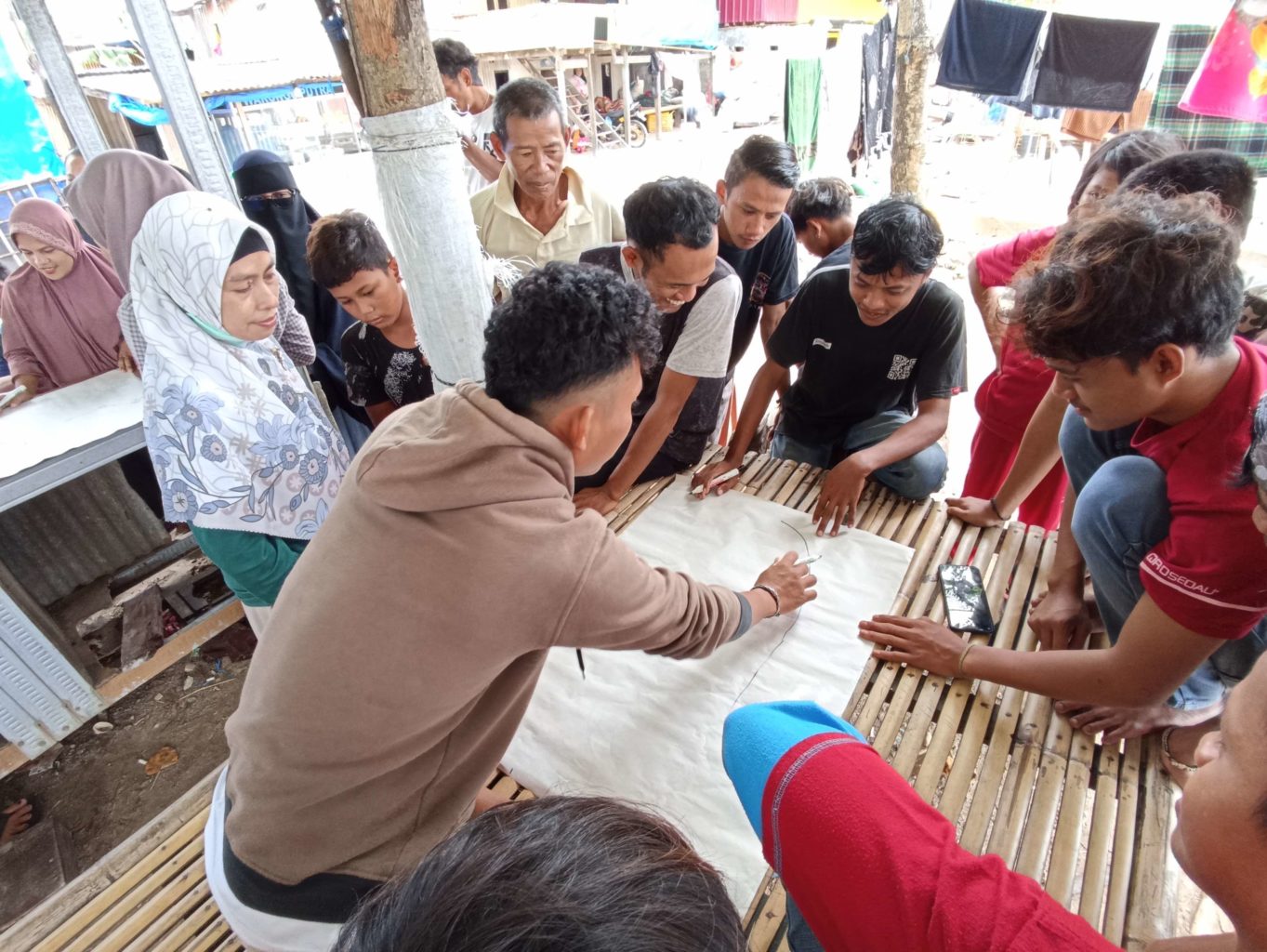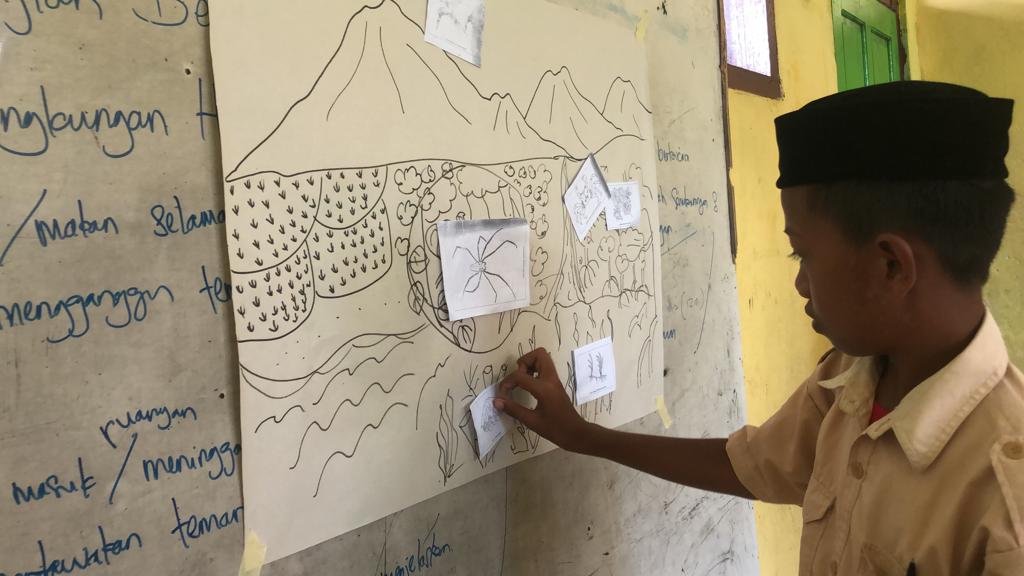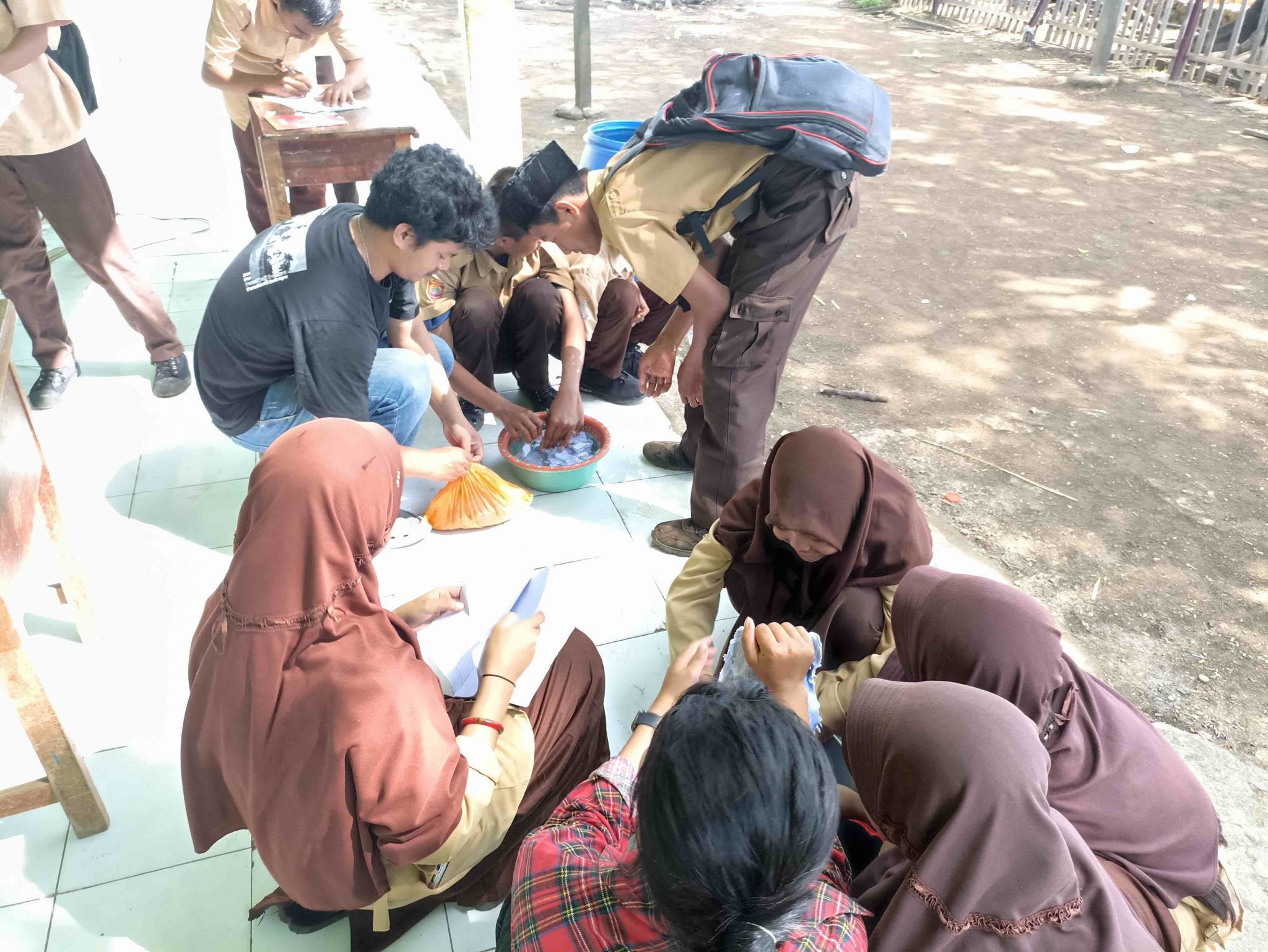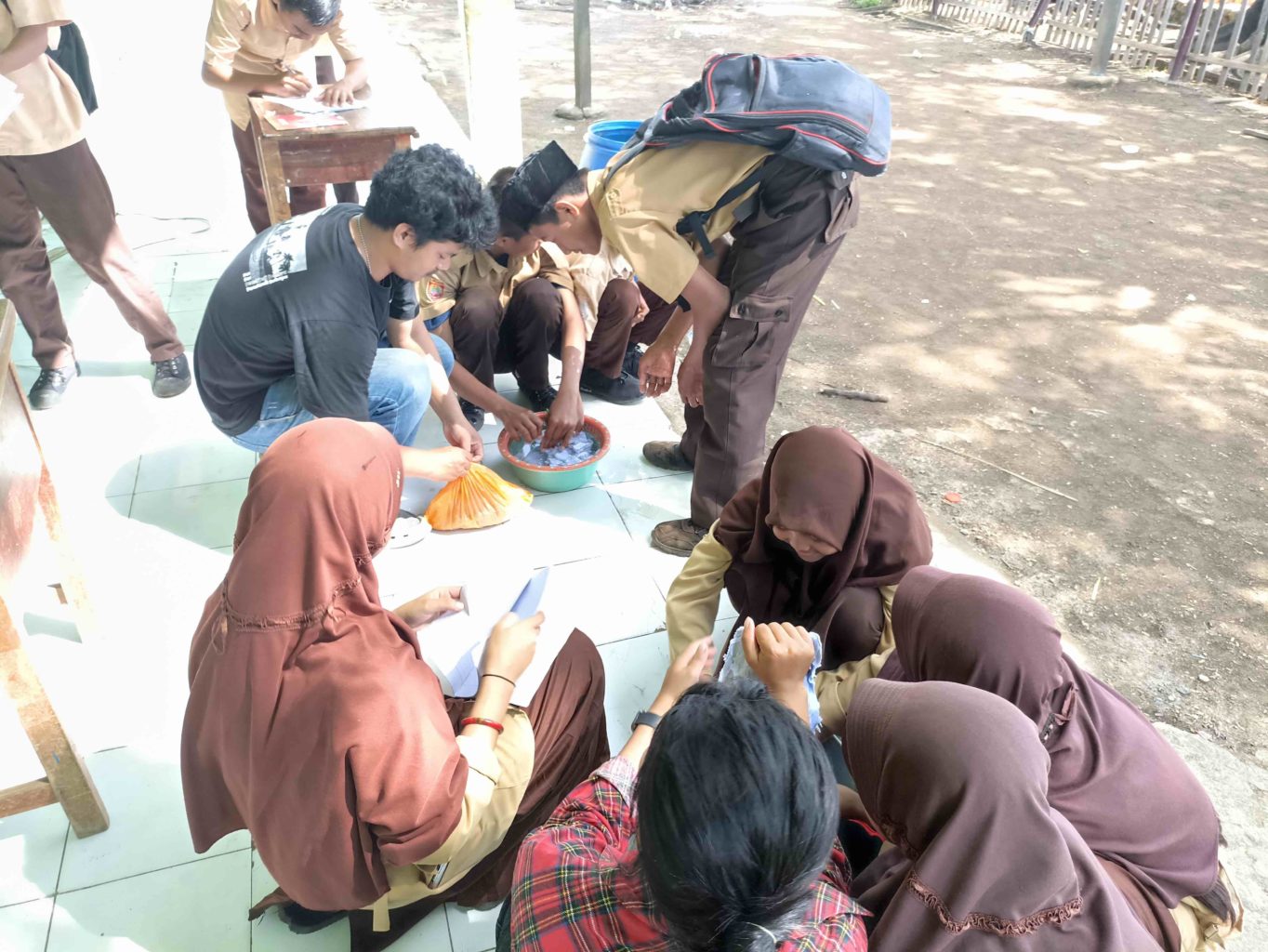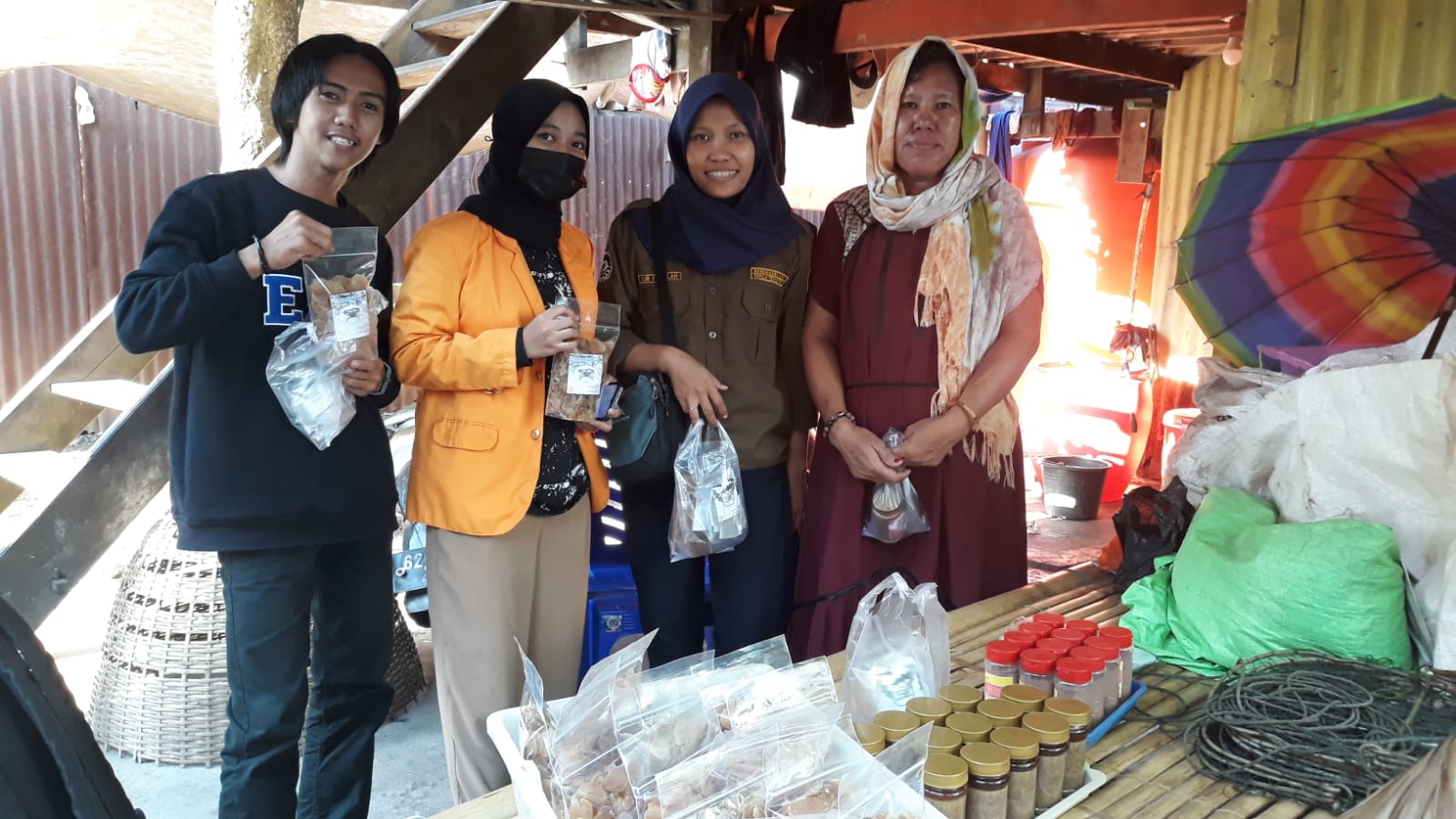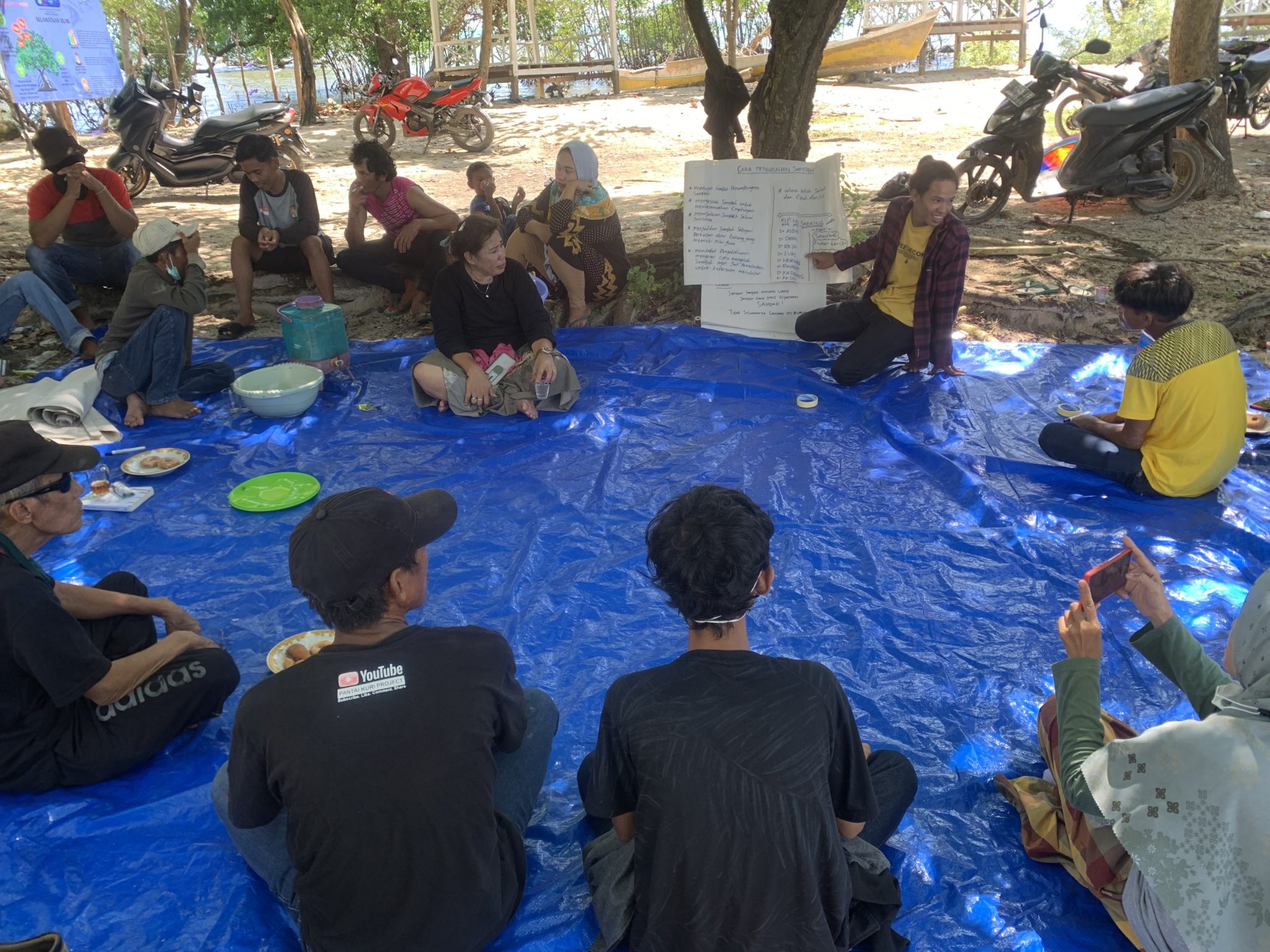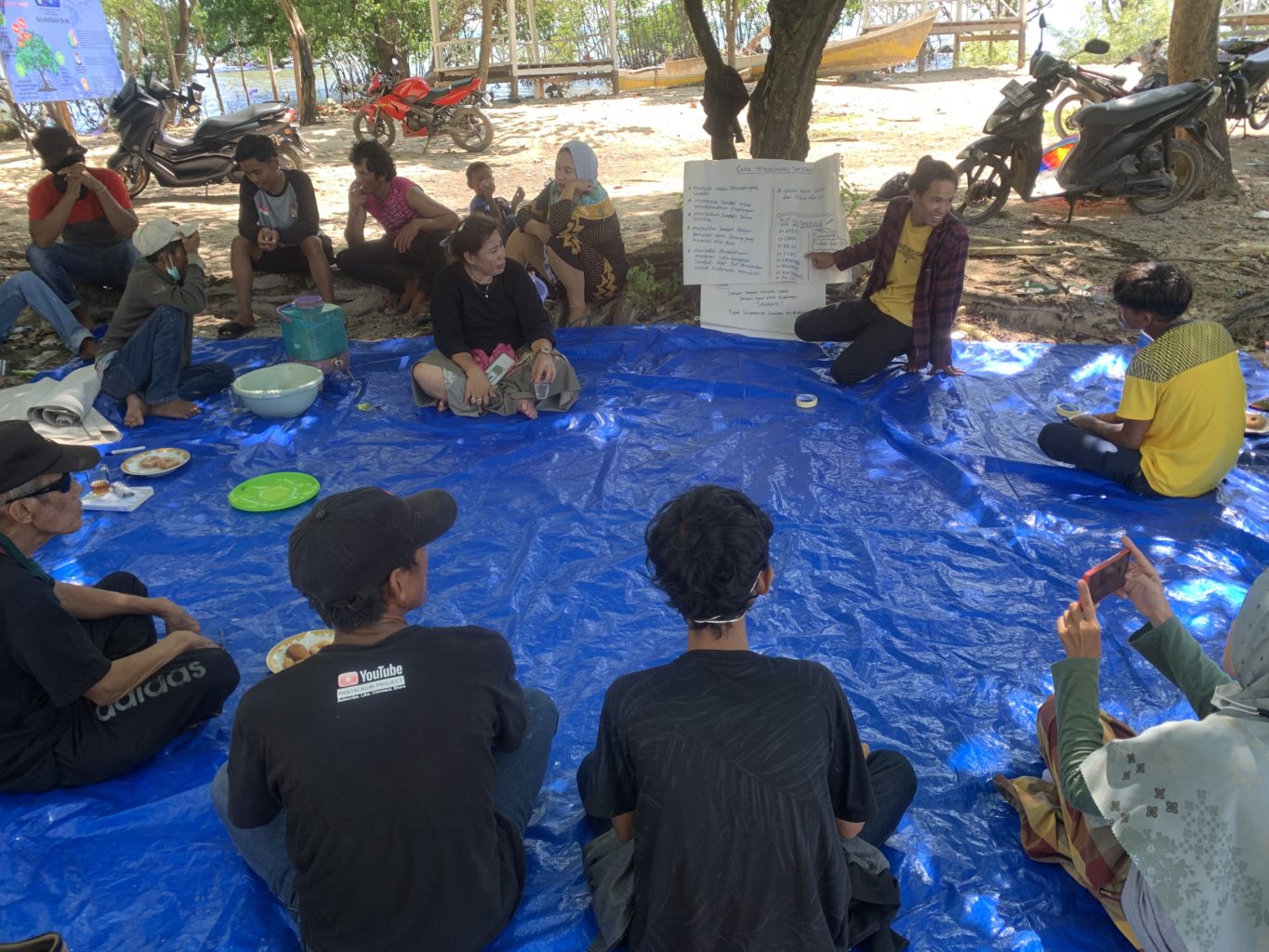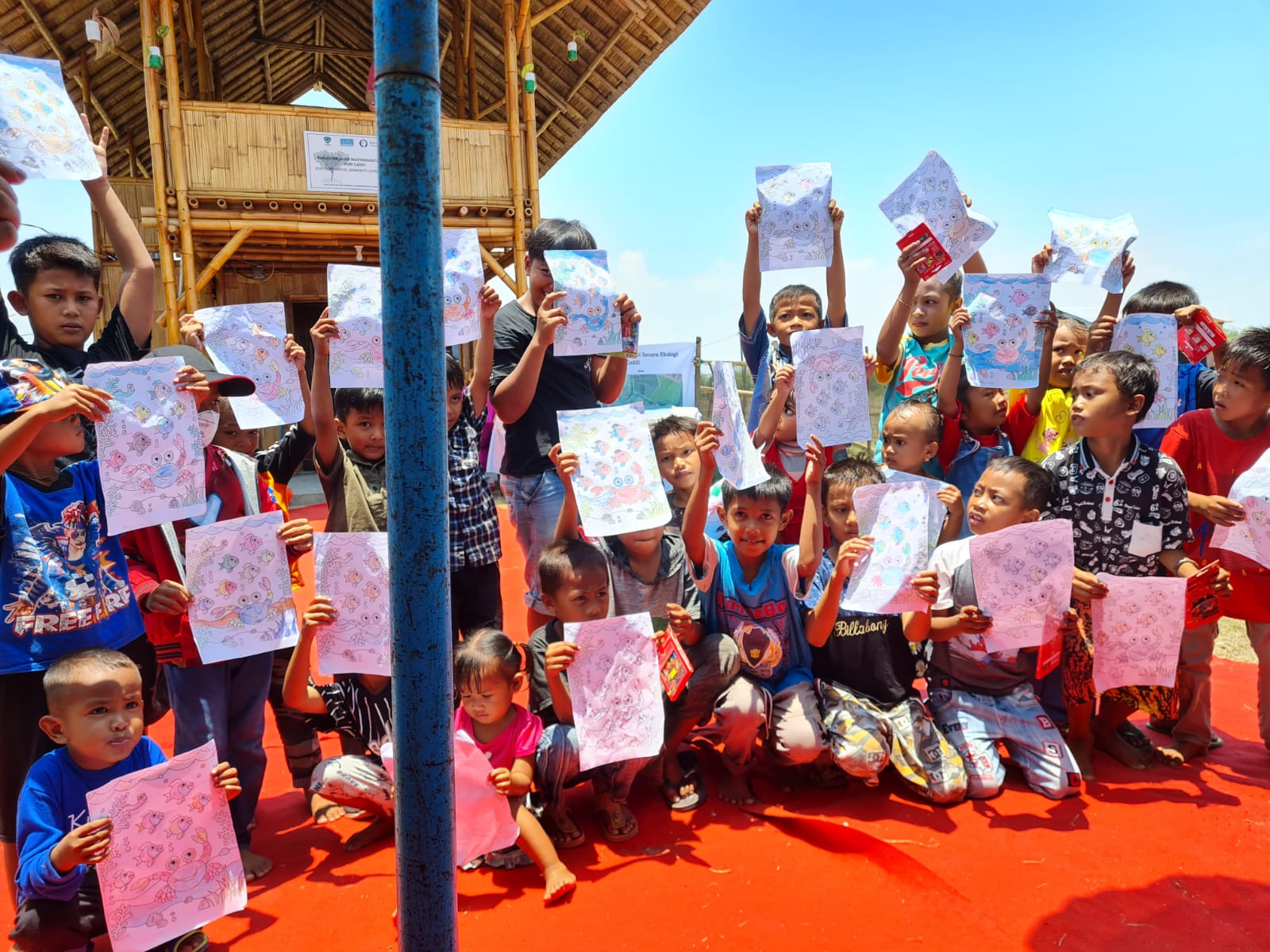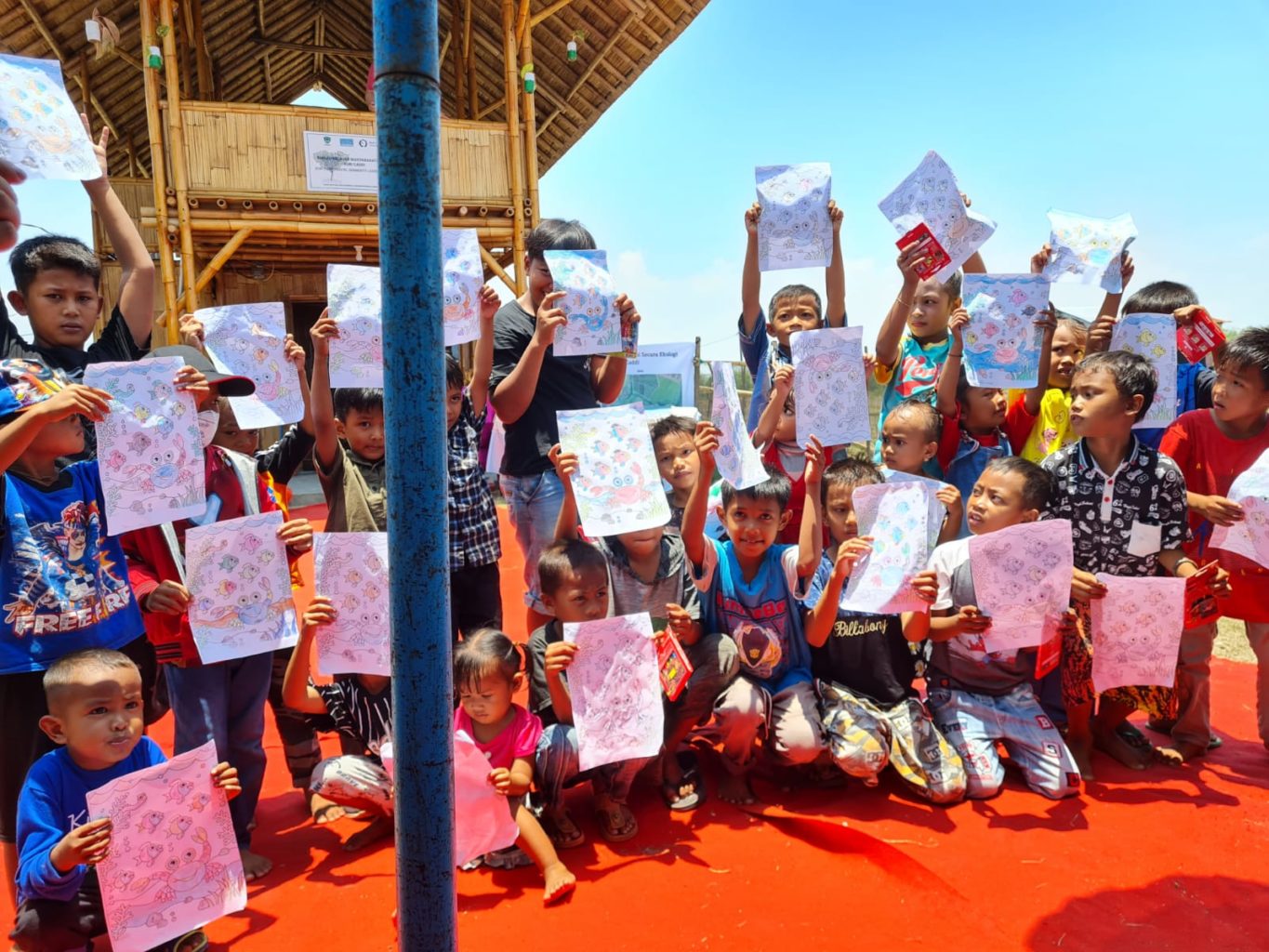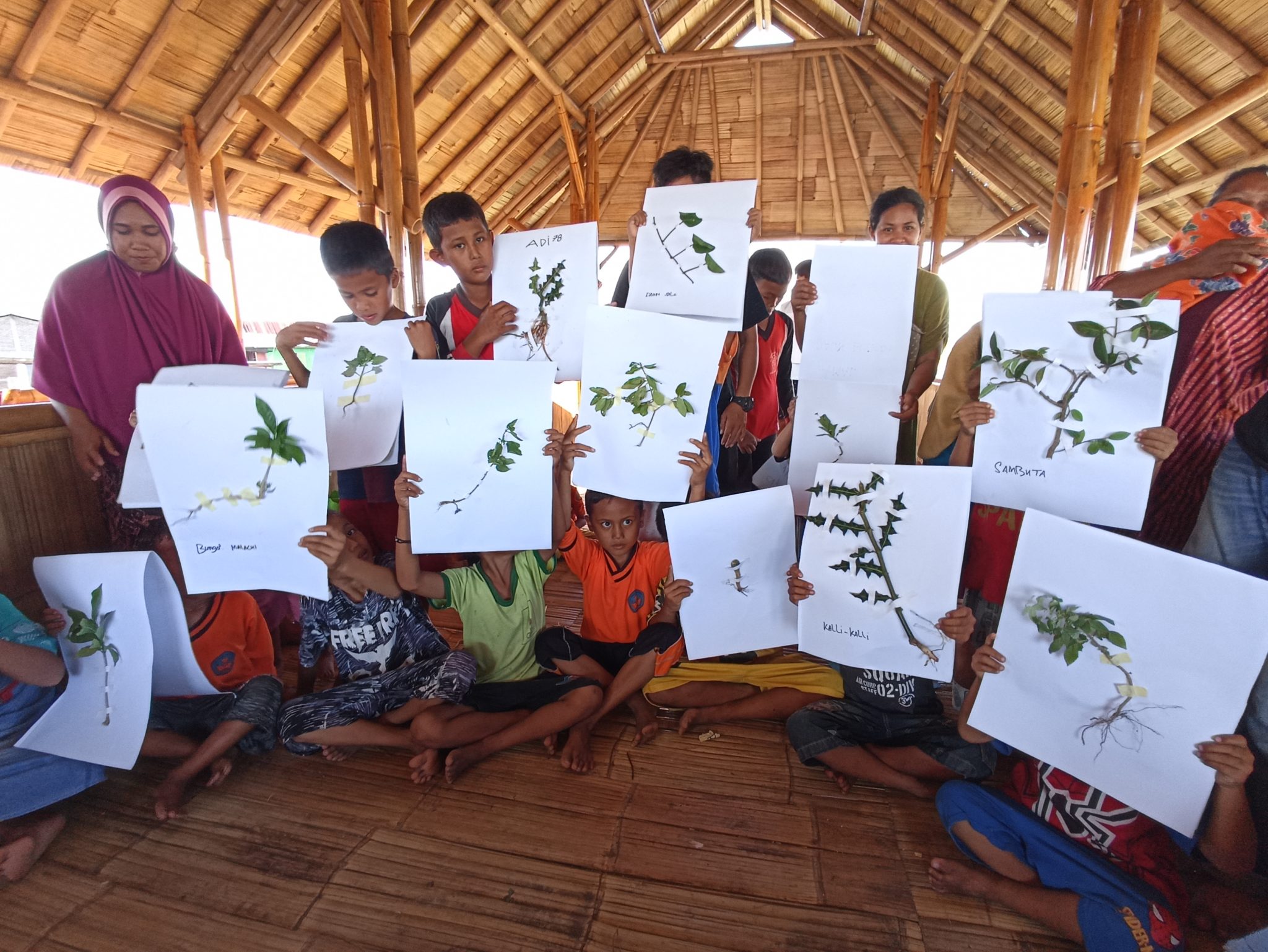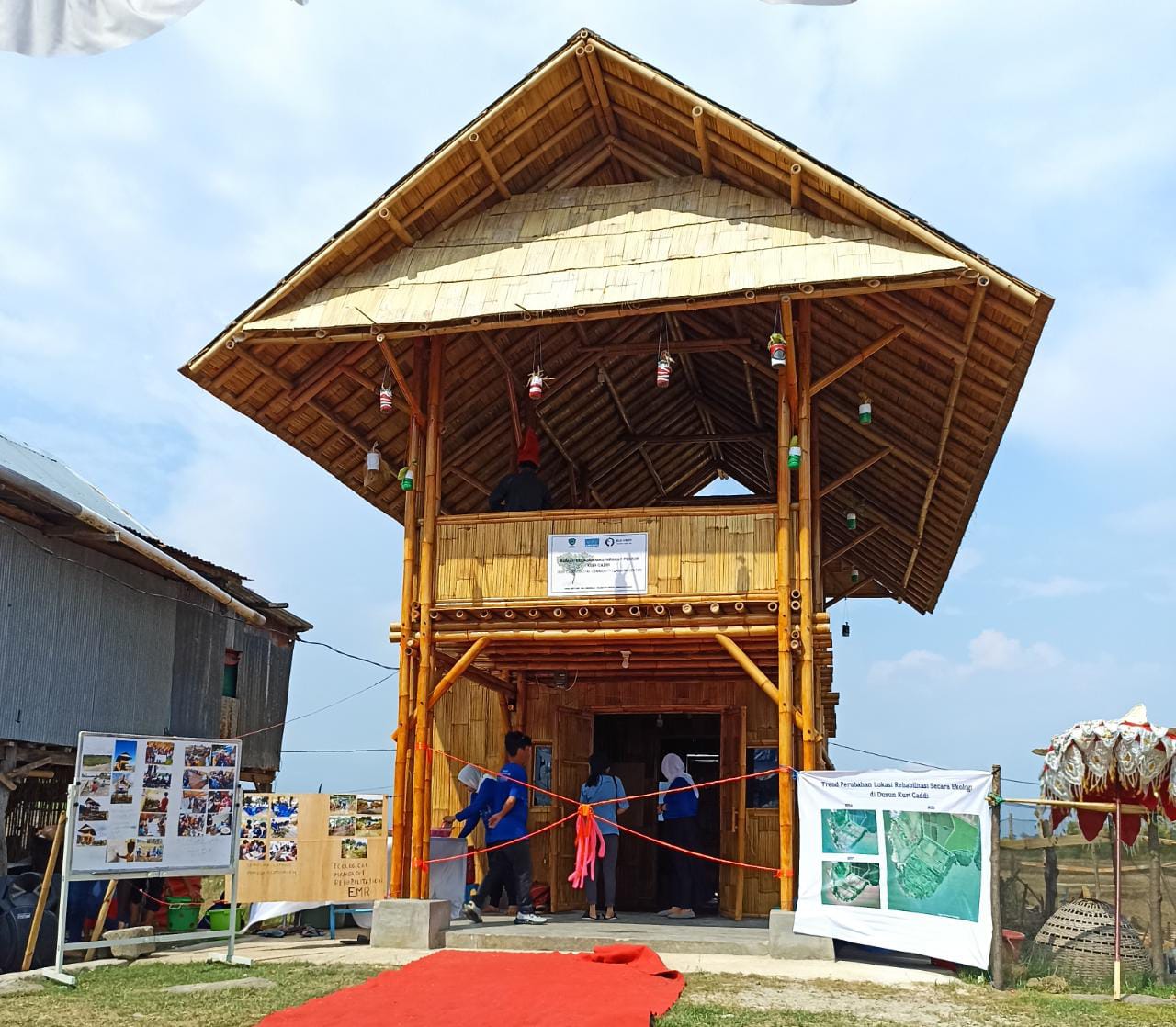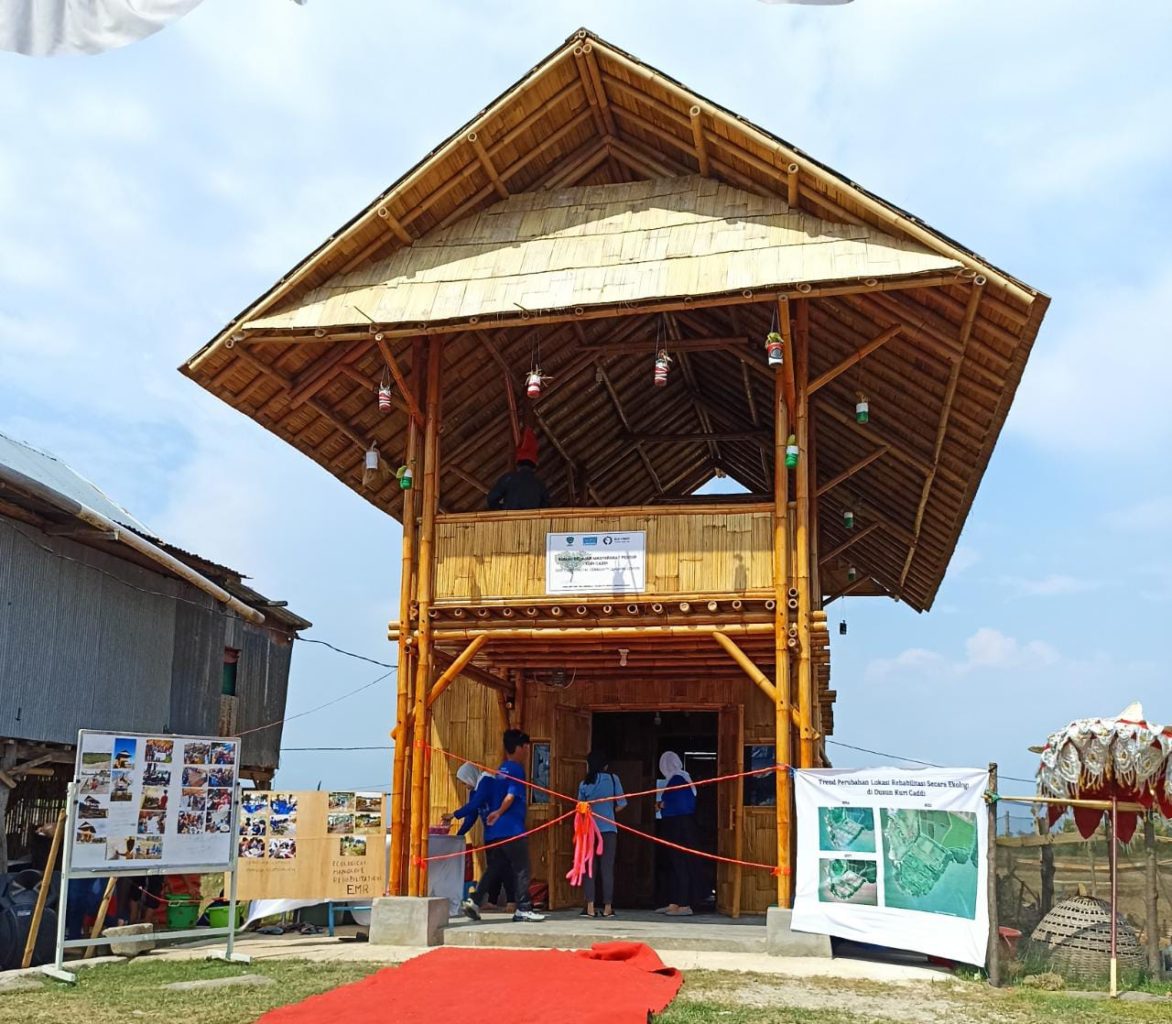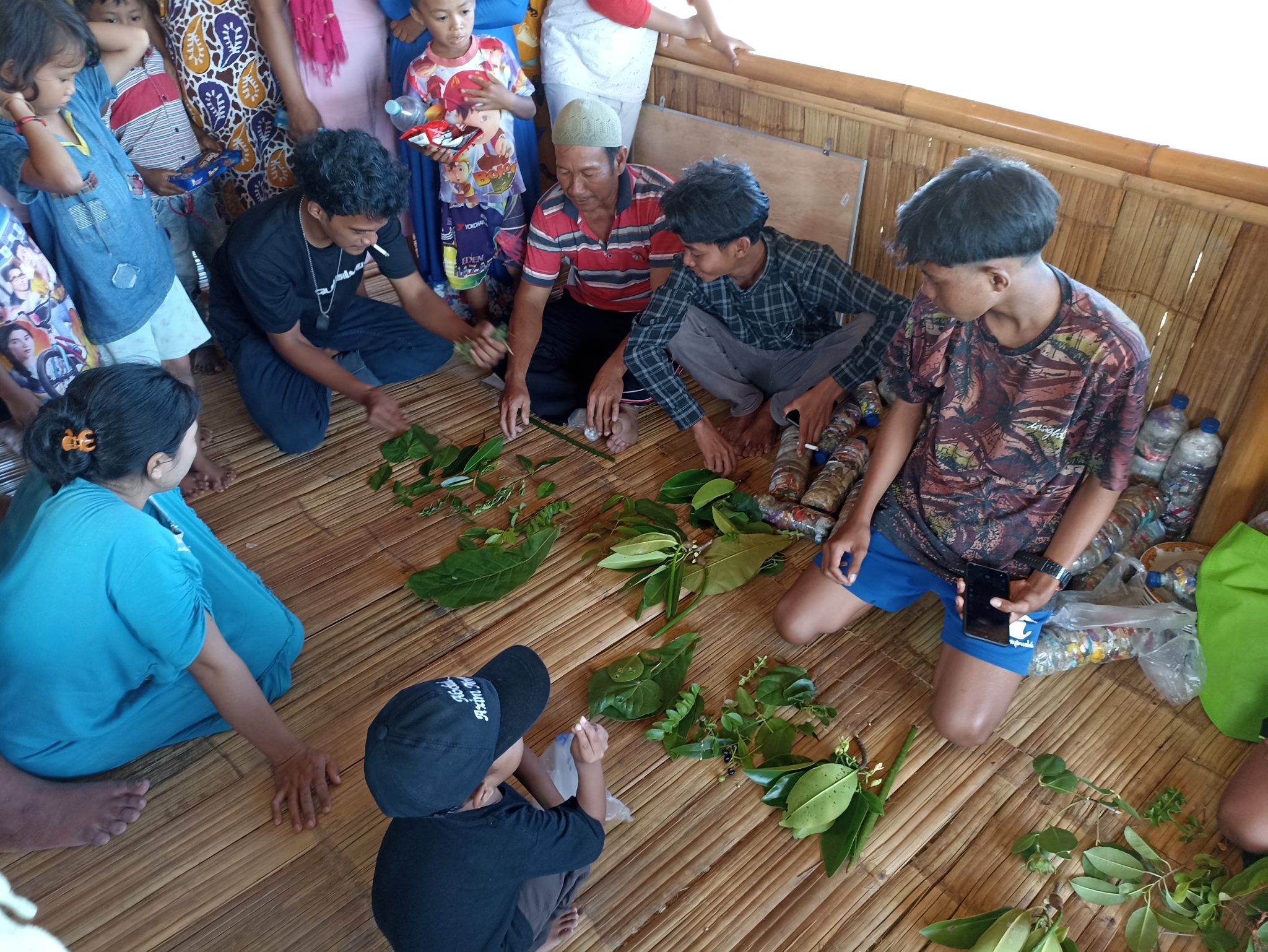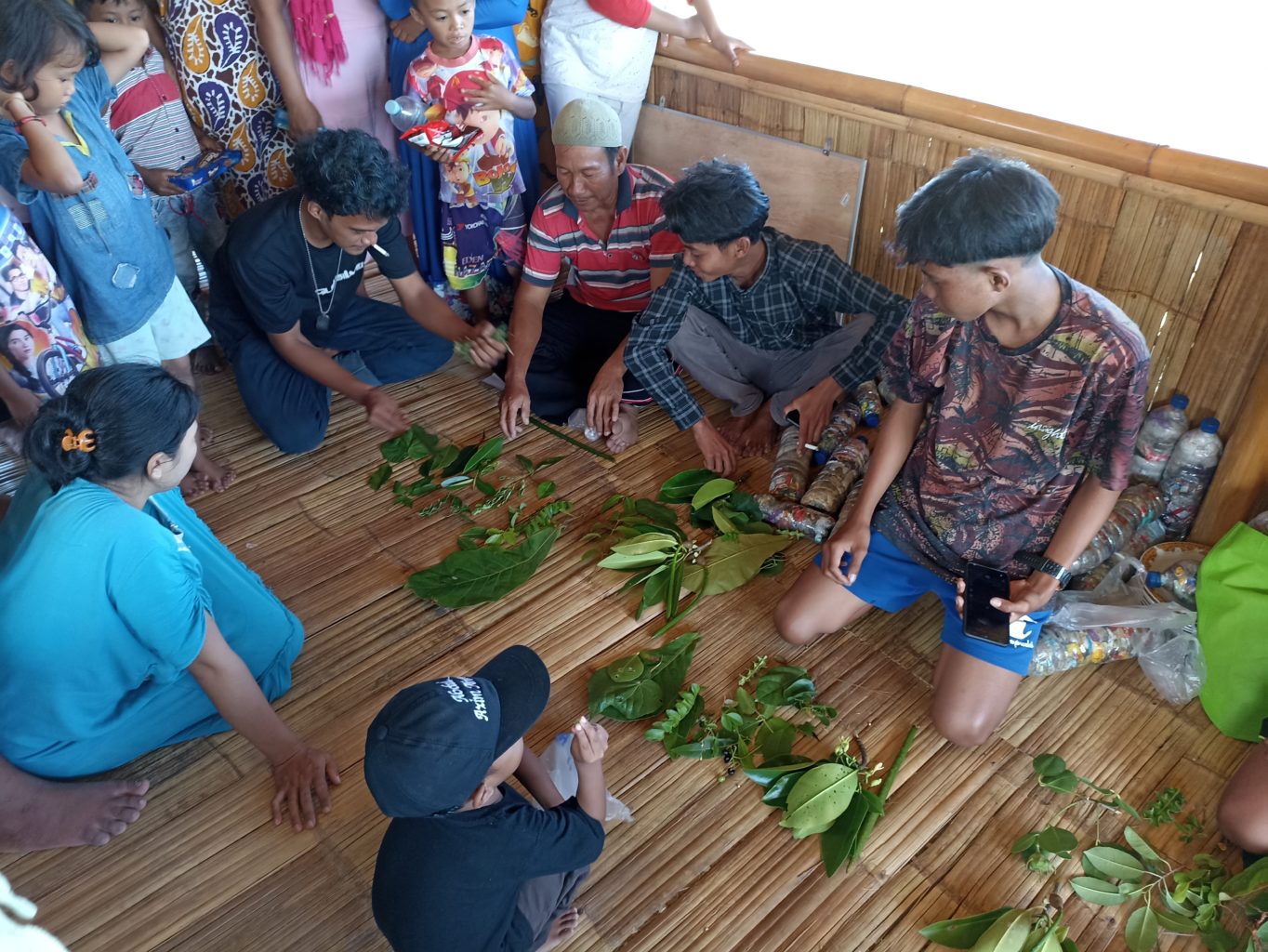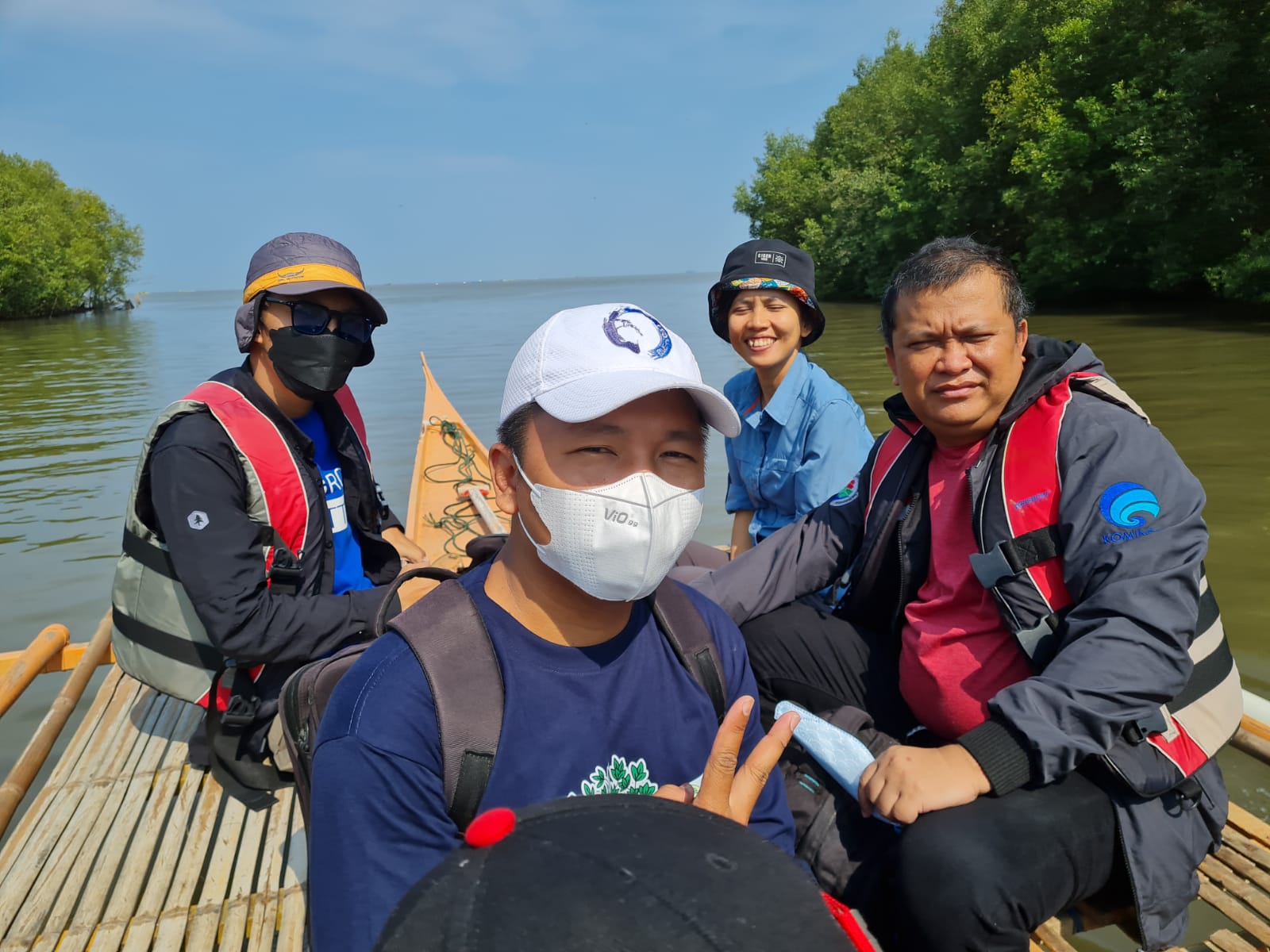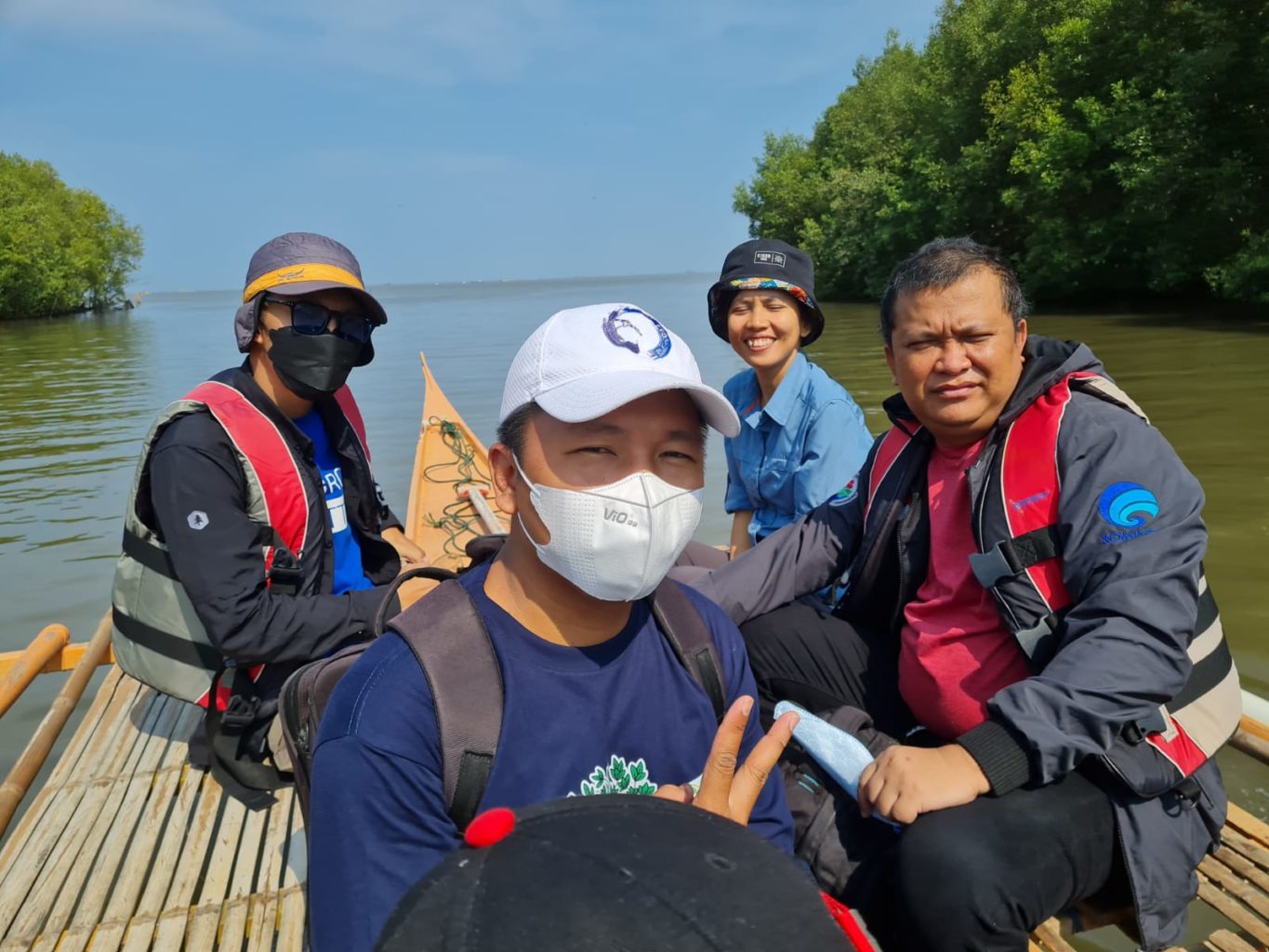When the price of shrimp shot up in the 1980s, huge areas of mangrove forests in Indonesia were ripped out and turned into fish and shrimp ponds, largely owned by outside investors. Mangrove coverage in South Sulawesi plummeted from more than half a million acres to an estimated 57,000 acres. Most of the shrimp farms—which become unproductive after four or five years, on average—have been abandoned. Left behand are denuded coastal landscapes, polluted water, and severely disturbed patterns of water flow and drainage.
The coastal village of Kuri Caddi is still dealing with these consequences. About 95% of the villagers make a living harvesting crabs and fish in the mangroves, giving them a strong incentive to protect and restore these ecosystems. They know that, as an Indonesian adage puts it, “Many leaves on the mangrove trees means many fish in the sea.”
The community (about 100 households) is protecting 25 acres of rehabilitated ponds and 62 acres of mangroves owned by the village. Many species of resident and migratory birds are found there, including a colorful kingfisher that lives only on Sulawesi and a few small islands nearby. Monitor lizards and mangrove vipers are common, and dugongs have been spotted.
Our nonprofit partner is the Sulawesi-based Blue Forests Foundation, which works with indigenous communities to restore degraded mangrove forests and develop sustainable livelihoods. With a group of villagers who call themselves the Kuri Caddi Mangrove Guard, they have been restoring natural water flows to encourage regrowth and produce a resilient, biodiverse ecosystem.
With a grant, the village is building a community center, which will house interpretive materials for the 300 tourists who visit the beach each month. Blue Forests will also conduct training there on products that can be developed from mangroves without damaging the trees, such as green tea from mangrove leaves, jam, and syrup. Every alternative livelihood reduces pressure on the mangrove forests and the ocean, helping to ensure a healthy future for the island.


